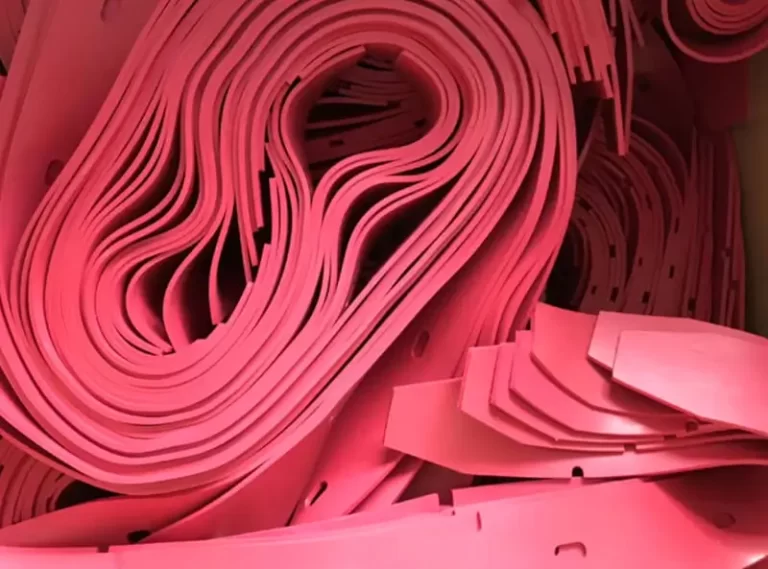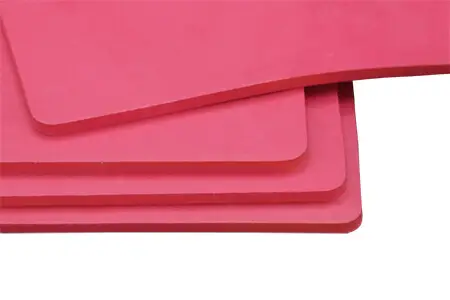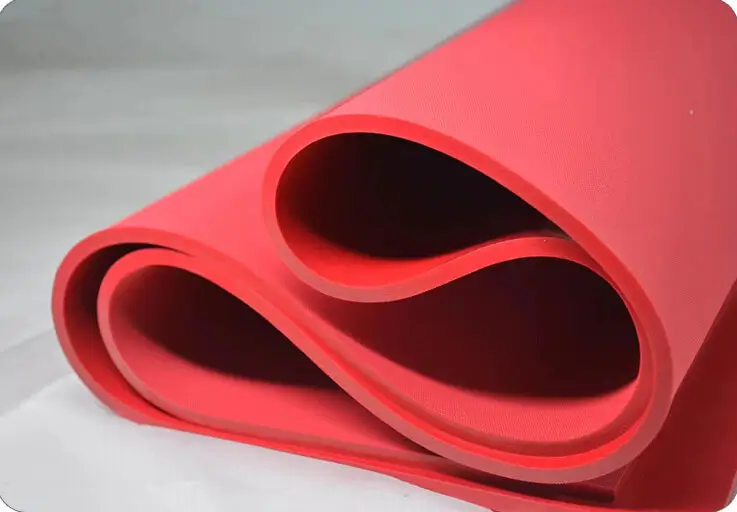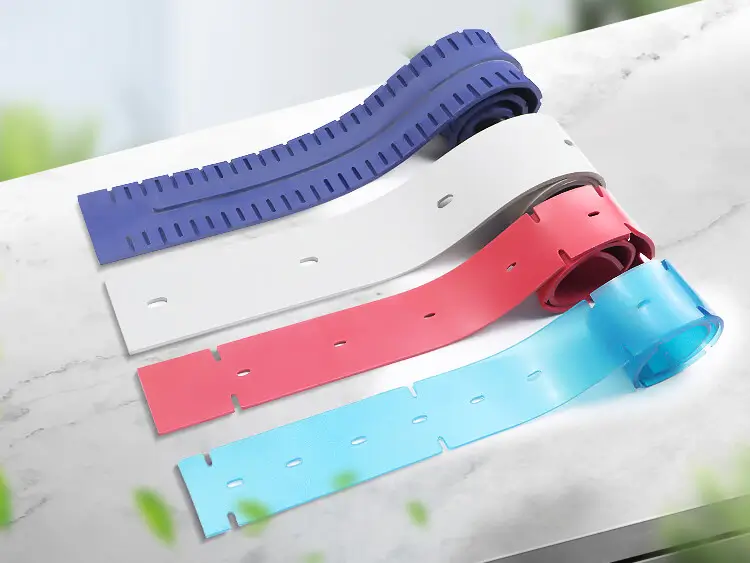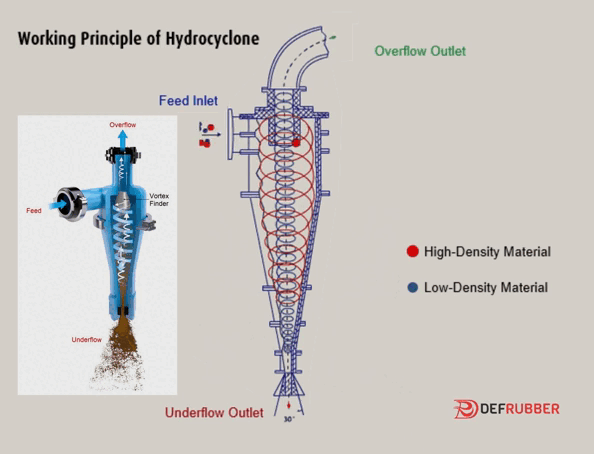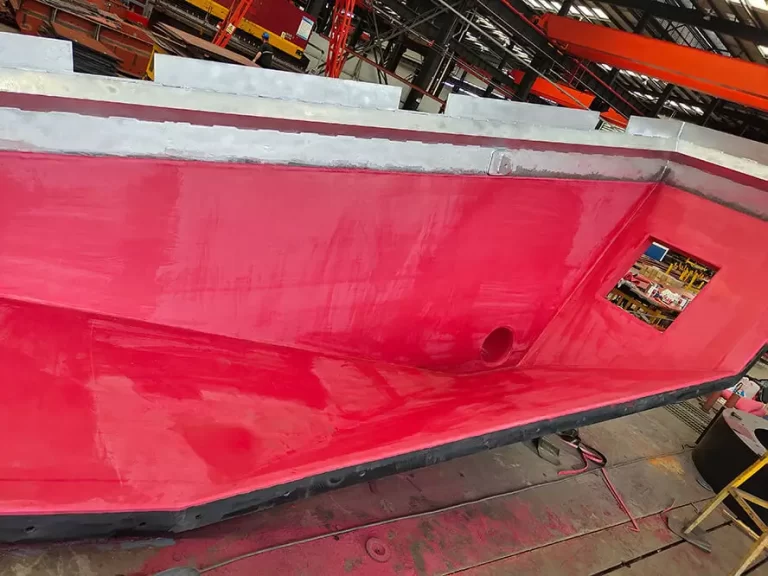Where Can You Find a Factory for Custom Squeegees?
Squeegees in Our Daily Lives:
Squeegees are commonly used in our daily lives for cleaning water stains from glass or floors. Typically made of rubber, they are essential for handheld water wipers and floor scrubber squeegees. If you’re a floor scrubber manufacturer or a cleaning supplies distributor seeking information on custom squeegee factories and related customization details, this article might offer some insights.
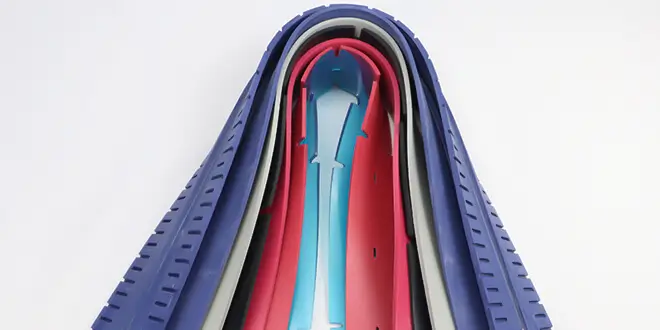
Materials of Squeegees:
Squeegees are usually made of natural rubber or polyurethane rubber, though some special-purpose or lower-end products may use other materials. High-end squeegees often utilize 95% natural rubber sheets, known for their excellent wear resistance, elasticity, and tear resistance, and are recognized as the most durable rubber material in wet grinding environments. The complex production process of this high-quality liquid-phase rubber sheet means there are few global manufacturers. Well-known producers include Lina-tex-type Rubber, DEF Rubber, etc. However, this liquid-phase rubber is not suitable for all environments, as its performance is poor in oil-rich settings. DEF Rubber’s polyurethane rubber excels in such environments. These two types of rubber can meet almost all everyday scenarios, especially in the realm of floor scrubber squeegees.
Manufacturing Process of Squeegees:
- Material Preparation: The choice and preparation of materials is crucial for high-quality squeegee production. Manufacturers select appropriate materials based on the custom squeegee’s intended use and customer requirements. Material color, size, and thickness can often be customized.
- Cutting and Molding: Materials need to be cut and molded according to the specific model of hand-held wipers or floor scrubbers. Cutting is typically done with specialized machines and molds, with factories using high-precision molds based on customer-provided blueprints. Accurate cutting dimensions and edges are crucial as uneven cuts can directly impact cleaning effectiveness and efficiency.
- Hardness Adjustment: Specific applications and different flooring types might require varying rubber hardness. If needed, rubber formulas can be adjusted to change hardness, though many customers opt for generic products.
- Edge Design: The edge design of hand-held wipers and floor scrubber squeegees is important as it partly determines the scraping effect and durability. Manufacturers customize edge shapes and structures based on customer application requirements.
- Inspection and Quality Control: Manufacturers typically inspect raw materials and finished products during production to ensure squeegees meet specifications and are defect-free.
- Packaging and Delivery: Finally, squeegees are packaged and prepared for delivery to customers or distributors as per their requirements. For OEM customers requiring custom logos, the factory can print logos at specified positions or on packaging.
It’s important to note that different squeegee types may require varied manufacturing processes and material selections to meet specific application needs. Therefore, the materials and manufacturing processes for squeegees can vary depending on the manufacturer or the intended use.
Quality and Cost Assessment for Custom Squeegees:
When receiving custom squeegee products, it’s beneficial to analyze and evaluate their quality and price comprehensively, aiding future procurement decisions. Analyzing squeegee performance and quality involves several key factors. Here are common indicators and methods for assessing squeegee performance and quality:
- Cleaning Effectiveness of Squeegees: The primary task of a squeegee is to remove liquids or impurities from surfaces like floors or glass. Therefore, one direct method to assess a squeegee’s cleaning performance is to observe its effectiveness in real-world use, such as whether it leaves streaks or residue.
- Wear Resistance: A squeegee’s wear resistance is a core attribute. It involves the squeegee’s ability to maintain its performance over time without wearing out or failing prematurely. This can be evaluated by regularly inspecting the squeegee’s appearance and performance during everyday use.
- Chemical Resistance: Squeegees inevitably come into contact with various cleaning agents, disinfectants, or oily residues at cleaning sites. Thus, their oil or corrosion resistance is crucial, and it’s important to check if the material deforms or degrades after prolonged exposure to specific chemicals.
- Temperature Range: If temperature requirements are a concern, observe how the squeegee performs under different temperature conditions. Assessing its behavior across a range of temperatures can reveal its performance in both low and high heat.
- Material Hardness and Tear Resistance: The hardness and tear resistance of a squeegee are equally important to its effectiveness. Appropriate hardness ensures good cleaning results while maintaining durability. Good tear resistance also helps prevent damage during regular use, enhancing longevity.
- Noise Level: The noise level of a squeegee is another important performance metric. Lower noise levels can enhance the comfort of the working environment and for the operators.
- Maintenance Requirements: A squeegee’s maintenance needs can impact its performance and upkeep costs. Some squeegees might require more frequent maintenance or replacement due to poor material choice or edge design, increasing usage costs. A squeegee that maintains stable performance over a longer period is desirable.
- Cost-Effectiveness: Along with performance, consider the cost-effectiveness. This includes balancing the squeegee’s price, lifespan, and performance to determine if it’s the most sensible choice for specific applications.
- Quantity and Delivery Time: The quantity of custom squeegees, especially per order, greatly impacts the unit price and logistics costs. Ordering too few can significantly increase procurement costs, while too many can strain finances and risk overstocking. Efficient delivery times can save on cash flow costs and enhance customer experience. Discuss these factors with manufacturers, especially if they offer small-batch customization and production.
- OEM Custom Squeegee Services: If branding custom products with your logo is a priority, communicate this with manufacturers beforehand, as not all offer OEM services. Larger orders may be required for OEM customization, potentially delaying delivery. However, branding quality products with your logo can be a wise decision.
- Warranty and After-Sales Service: Efficient collaboration and solid after-sales policies are integral. Inquire about warranty and after-sales service information before commencing custom services to ensure support is available for repairs or replacements.
Custom Squeegees Supplier and Manufacturer Information Comparison:
Globally, many manufacturers offer squeegee customization and production, with significant price and quality differences due to varying market positioning. High-quality squeegees typically use liquid-phase natural rubber, with notable manufacturers like Lina-tex-type Rubber and DEF Rubber. Lina-tex-type Rubber, known for early production of this type of rubber, supplies raw materials and partners with downstream factories like MIDWEST Rubber for squeegee production. DEF Rubber specializes in both high-quality liquid-phase natural rubber and polyurethane rubber, providing comprehensive services including cutting, processing, customization, and OEM.
In summary, customizing squeegees is complex, requiring professional suppliers for efficient results and desired products. Discuss in-depth with manufacturers or suppliers about their services and communicate your needs transparently for optimal outcomes, Want to know more.
Here are some common questions and answers regarding “Custom Squeegee” and “OEM Custom Squeegee”:
Question 1: Why choose a Custom Squeegee over a standard product?
Answer 1: Custom Squeegees cater to specific application needs with precision, offering better cleaning effectiveness and performance. Additionally, sometimes there’s a need to brand the product with our own logo, making Custom Squeegees an essential choice. Generally, the cost doesn’t significantly increase for bulk Custom Squeegee orders.
Question 2: How is OEM Custom Squeegee different from a regular Custom Squeegee?
Answer 2: OEM Custom Squeegees are typically manufactured by the original manufacturer, branded with the customer’s logo on the product and its packaging, and fully tailored to the customer’s specific requirements.
Question 3: Why opt for an OEM Custom Squeegee instead of a standard custom squeegee?
Answer 3: OEM Custom Squeegees allow clients to brand the product under their own label while tailoring it to specific requirements, which is invaluable for brand building and meeting customer needs.
Question 4: Does an OEM Custom Squeegee have the same performance as a regular Custom Squeegee?
Answer 4: The performance of an OEM Custom Squeegee depends on the chosen materials and design. It can offer the same or superior performance compared to a regular Custom Squeegee.

